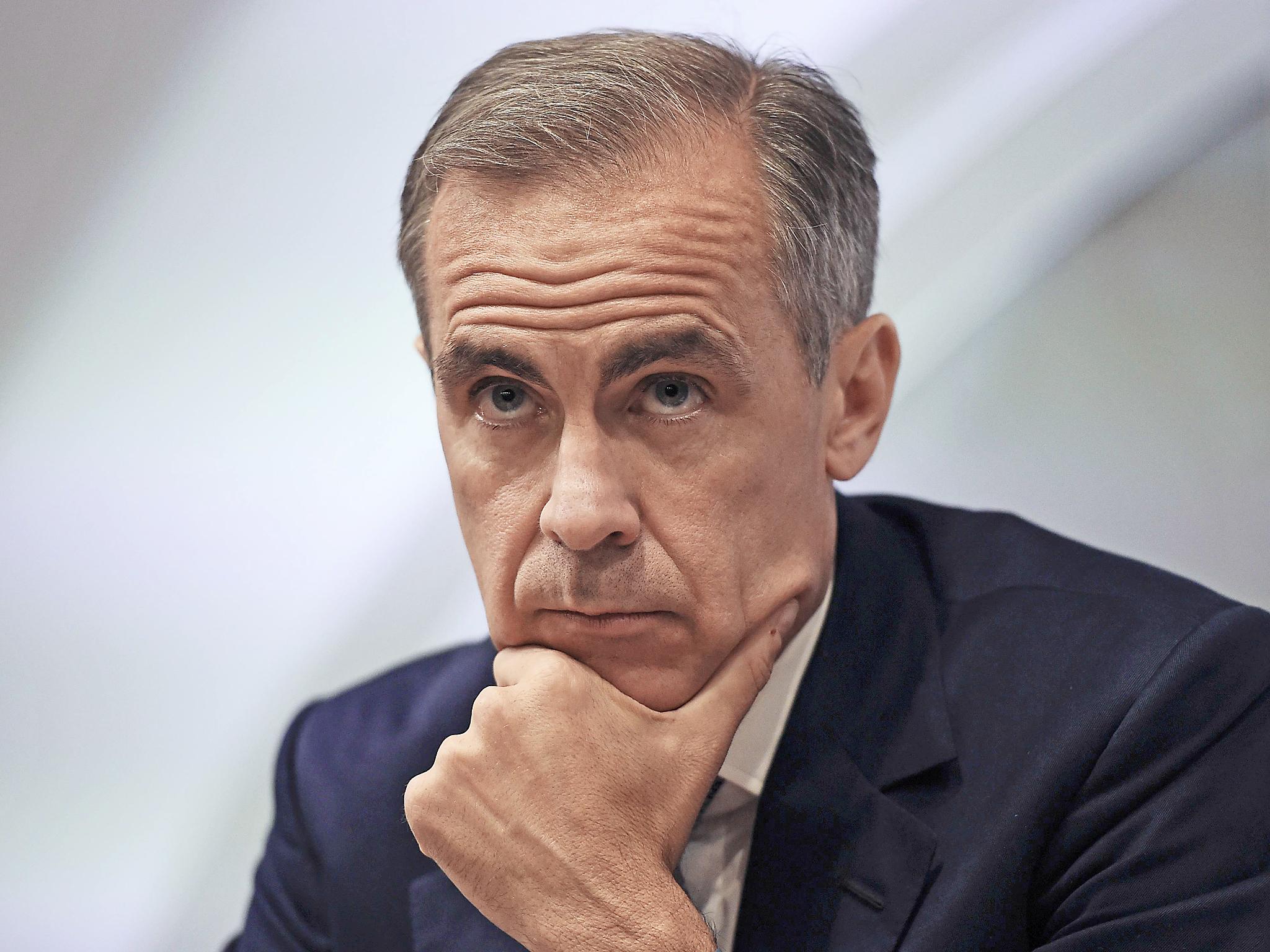Brexit latest: Bank of England to present record inflation target overshoot
Central bank expected to reveal new economic forecasts showing the biggest overshoot of its official 2 per cent inflation target in its modern history

The Bank of England is today expected to reveal new economic forecasts showing the biggest overshoot of its official 2 per cent inflation target in the independent central bank’s modern history.
That implies a squeeze on the living standards of British families over the coming years – and some economists are warning of an even greater surge in prices that could compel the Bank to raise interest rates as early as next year, which would be a major blow for borrowers and the wider economy.
The latest Consumer Price inflation reading from the Office for National Statistics for September is 1 per cent, only half of the Bank’s 2 per cent target.
But sterling’s almost 20 per cent slide against the dollar since the 23 June Brexit referendum is widely expected to prompt major rises in the cost of many of the goods and services that make up the Consumer Price Index basket in the coming months.
“The [Bank’s] forecast for CPI inflation in two years’ time will be the highest since it began forecasting the CPI 12 years ago,” predicted Samuel Tombs of Pantheon Macroeconomics.
Mr Tombs expects the Bank to project inflation in 2017 of 2.2 per cent, up from the 1.9 per cent in its August forecasts.
For 2018 Mr Tombs thinks the Bank will raise its forecasts to 2.6 per cent, up from 2.3 per cent in August. But other forecasters believe that the jump in prices will, in fact, be considerably higher.
The National Institute of Economic and Social Research this week forecast that inflation will jump close to 4 per cent in the second half of next year, the highest since 2011. Similarly, economists at HSBC expect inflation to hit 3.7 per cent next year.
Inflation has often come in higher than the Bank initially expected. In September 2011 it was as high as 5.2 per cent, almost triple the official target, mainly due to soaring global oil prices. But it is unusual for the Bank to project an overshoot at the end of its two to three year forecast horizon because this implies it should be taking corrective action to bring the inflation rate back down to target.
Mark Carney, the Bank’s Governor who this week announced he will stay as head until 2019, said last month that the Bank is likely to “tolerate a bit of an overshoot” of its inflation target, meaning that it will not put up interest rates in response. He also warned that for those on the lowest incomes life was inevitably “going to get difficult” due to the increase in inflation.
Yet some economists, including the former Monetary Policy Committee member Adam Posen, think the Bank could well be surprised by a surge in prices and might be forced to raise rates as soon as next May. “I fear this isn't like when inflation shot up temporarily to 5 per cent while I was on the MPC, and we could rightly look through it,” said Mr Posen, who is now president of the Peterson Institute in Washington.
“The underlying situation is more unstable economically and politically and the shock is specific to the UK, rather than being across the G20. I hope the MPC can avoid raising rates in the face of the coming stagflation, but there is a good chance they will have to raise by May 2017”.
Mr Carney himself caveated his dovish approach last week when he told the House of Lords Economic Affairs Committee “there are limits to the MPC’s willingness to look though an overshoot of inflation” and added that “we are not indifferent to the level of the exchange rate”.
His words implied that if sterling keeps on descending against the dollar, the Bank might have no choice but to tighten monetary policy to contain inflationary expectations, which would likely hit GDP growth and employment.
The Bank in its August Inflation Report had forecast that GDP in the third quarter would come in at just 0.1 per cent and the MPC then signalled that it would cut rates again this year below 0.25 if the economy deteriorated on the path expected.
But, in fact, the GDP figure for the third quarter was 0.5 per cent and financial markets think there is now very little chance of a another rate cut from the Bank today.
Average wages for UK workers, adjusted for consumer price inflation, are still below their 2008 level, mainly due to weak nominal growth of wages.
They have been growing in real terms since late 2014 as inflation has fallen back below 1 per cent and nominal wages have grown at an annual rate of around 2 per cent, around half the pre-financial crisis rate.
But a return of inflation above 2 per cent, presuming wages remain growing at only 2 per cent, would spell a return to real term pay reductions.
Subscribe to Independent Premium to bookmark this article
Want to bookmark your favourite articles and stories to read or reference later? Start your Independent Premium subscription today.

Join our commenting forum
Join thought-provoking conversations, follow other Independent readers and see their replies